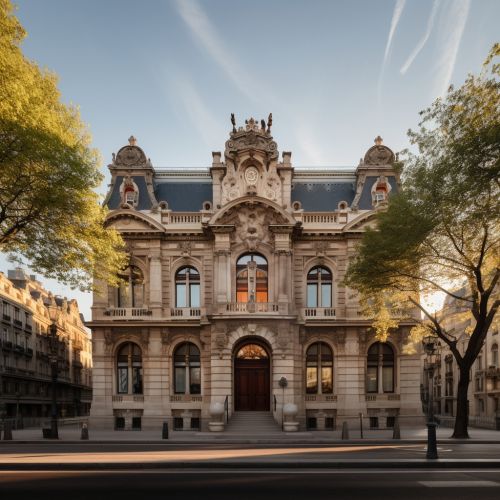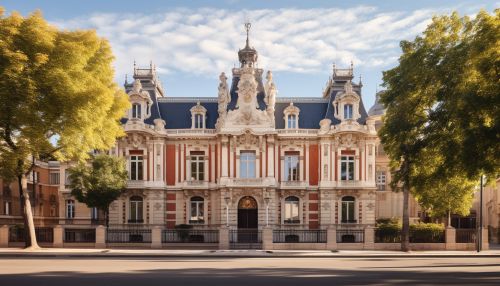Collège Mazarin
History
Collège Mazarin, also known as the Collège des Quatre-Nations, was founded in 1661 by Cardinal Jules Mazarin, the chief minister of France during the minority of Louis XIV. The college was established to provide free education to sixty students, who were the children of families from the four provinces that were reunited with France as a result of the Treaty of Westphalia and the Treaty of the Pyrenees.


The college was initially run by the University of Paris, and it offered courses in theology, arts, law, and medicine. The curriculum was based on the Jesuit model of education, which emphasized the study of Latin, Greek, and Hebrew, as well as philosophy and theology. The college was renowned for its rigorous academic standards and its commitment to the intellectual and moral development of its students.
In 1793, during the French Revolution, the college was closed down and its buildings were used for various purposes, including a prison and a hospital. In 1805, under the reign of Napoleon Bonaparte, the college was reopened as a part of the Imperial University.
Architecture
The architecture of Collège Mazarin is a prime example of French classical architecture. The main building, designed by architect Louis Le Vau, is a grand edifice with a central courtyard. The façade is adorned with Corinthian columns and a pediment decorated with sculptures representing the four provinces for which the college was named.
The interior of the college is equally impressive, with its grand staircase, its chapel with a dome designed by François Mansart, and its library, which houses a collection of rare books and manuscripts.
Legacy
Despite its closure during the French Revolution, Collège Mazarin has left a lasting legacy in the field of education. Many of its alumni have gone on to distinguished careers in academia, politics, and the arts. The college's emphasis on rigorous academic training and moral education has influenced the educational philosophy of many institutions.
Today, the buildings of Collège Mazarin are home to the Institut de France, a prestigious organization that oversees the French academies. The college's library, now known as the Bibliothèque Mazarine, is the oldest public library in France and continues to be a center of scholarly research.
